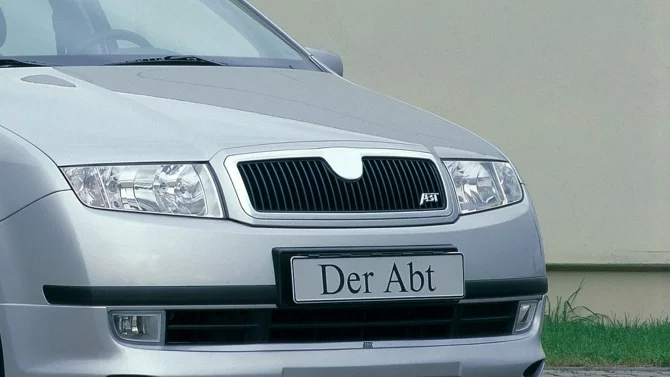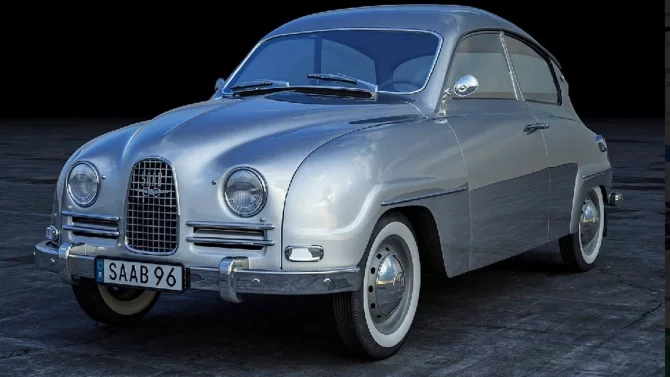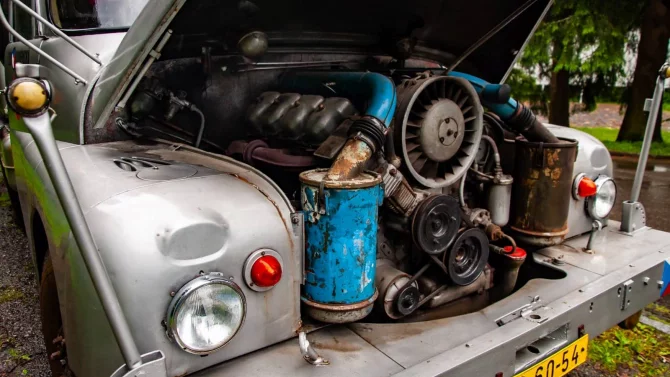...
By Gabriela Baczynska and Adam Jasser
WARSAW, June 20 (Reuters) - Poland is ready to drop its opposition to the European Union's new voting system at a summit this week if it wins provisions giving it a strong voice in the bloc, Prime Minister Jaroslaw Kaczynski said on Wednesday.
Kaczynski told Reuters in an interview that Warsaw was still ready to use its veto to block the EU's institutional reform if big powers tried to bully it into submission.
But Poland was ready for a compromise because the EU's drive to replace the defunct European constitution with a slimmed-down treaty to improve its functioning seemed unstoppable, he said.
"We realise that we cannot stop the process (of reform) -- that would be too risky for the future," Kaczynski said. "We just want this to be done in the best possible way for the EU and Poland."
Asked if he saw chances of the summit ending in an agreement of all the 27 members at close to 50-50, Kaczynski said: "It is fair to say that."
Kaczynski said he spoke by telephone with European Commission President Jose Manuel Barroso on Wednesday and agreed to seek a successful conclusion to the summit.
Kaczynski and his twin brother Lech, Poland's president who will represent Warsaw at the summit, threatened to block treaty talks because Poland stands to lose most from the new voting system, enshrined in the EU constitution rejected by French and Dutch voters.
Poland wants to replace the double majority decision-making system, requiring the support of 55 percent of member states representing 65 percent of the EU population, with a method giving each country weighted votes based on the square root of its population, but it is supported only by the Czech Republic.
Kaczynski said Poland would still try to persuade partners to accept its proposal in a negotiating mandate to be agreed at the summit, but was open to other proposals to keep its clout.
"The goal is either to change the voting system as a whole, which is what we prefer, or this goal needs to be attained through other means," he said.
Poland had received several informal proposals, including a suggestion the new voting system would be introduced with a delay of several years, during which Poland's current voting power would be maintained.
That proposal was a step in the right direction, but fell short of the mark, Kaczynski said.
He said Warsaw would be interested in other trade-offs, such as some opt-outs from a Charter of Fundamental Rights, which could be made legally binding by the reform treaty.
"We can accept the charter but we would like to be sure that it would not affect Poland's family-related legislation," he said. "I believe there will be no problem with that."
Kaczynski also welcomed the fact that Germany, the current EU president, has finally recognised the Polish request for a debate on the voting system.
However he said the fact that it was not included in the body of the draft mandate distributed to all member states but in a footnote showed old EU powers were still treating ex-communist newcomers as second-class members of the club.
Poland, the biggest of the "new Europe" nations, would never accept such a role and would wield its veto if necessary.
"The world belongs to the courageous," he said. "Those who are fearful end up with little say."
Asked if Poland feared becoming marginalised in the EU if it resorted to a veto, Kaczynski said Poland was not yet clear if it wanted a place in the core of Europe or on its fringes.
This largely depended on whether big powers such as Germany wanted Poland as a partner at the heart of Europe.
"I would want Poland to be in the core of the EU but on equal terms," he said. "The road from a footnote to the core is a long one."
Keywords: EU TREATY/KACZYNSKI




 „Elektrická mobilita je budoucnost, o tom není pochyb. Každý, kdo tvrdí opak, poškozuje náš průmysl.“ A proto přijdou plošné evropské dotace
„Elektrická mobilita je budoucnost, o tom není pochyb. Každý, kdo tvrdí opak, poškozuje náš průmysl.“ A proto přijdou plošné evropské dotace
 Našli jsme deset absolutně neznámých automobilů současnosti. Dokážete uhodnout alespoň polovinu?
Našli jsme deset absolutně neznámých automobilů současnosti. Dokážete uhodnout alespoň polovinu?
 Dvě i čtyři doby, tři a čtyři válce: Saab 96 se stal vozem pro individualisty, a to i v Československu
Dvě i čtyři doby, tři a čtyři válce: Saab 96 se stal vozem pro individualisty, a to i v Československu
 Elektromobil jako ojetinu nikdo nechce. Velký český autobazar skončil s jejich nákupem i prodejem
Elektromobil jako ojetinu nikdo nechce. Velký český autobazar skončil s jejich nákupem i prodejem
 Youtubeři zkoušeli, jestli nastartují Tatru 138 odstavenou osmnáct let. Výsledek nikoho nepřekvapí
Youtubeři zkoušeli, jestli nastartují Tatru 138 odstavenou osmnáct let. Výsledek nikoho nepřekvapí
